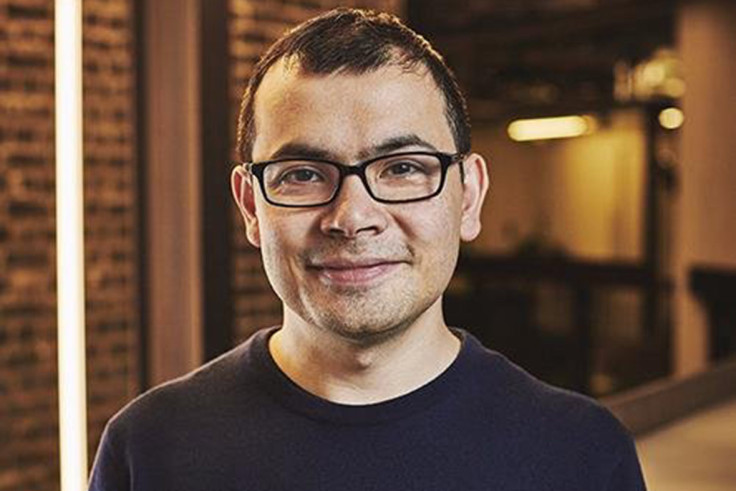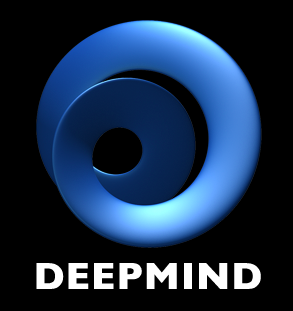DeepMind founder Demis Hassabis aims to create 'artificial intelligence scientists'

Demis Hassabis, co-founder of the Google-owned artificial intelligence (AI) startup DeepMind, has revealed his intentions to create "AI scientists".
In an interview with Technology Review, Hassabis claimed that AI could be used to research diseases under lab conditions by coming up with and testing hypotheses.
No specific details were given by Hassabis, though the seriousness of his intentions for developing AI in such directions can be seen through his setting up of an ethics board inside Google.
"It's something that we or other people at Google need to be cognizant of," Hassabis said. "We're still playing Atari (video) games currently. But we are on the first rungs of the ladder."
Mimicking the mind

In October 2104, DeepMind unveiled the Neural Turing Machine, a computer prototype capable of mimicking the human brain's short-term memory.
Outlined in a research paper, the Neural Turing Machine stores "memories" in the form of algorithms and data in order to retrieve them later for tasks it was not previously been programmed to do.
"We have introduced the Neural Turing Machine, a neural network architecture that takes inspiration from both models of biological working memory and the design of digital computers," the paper states.
"Our experiments demonstrate that it is capable of learning simple algorithms from example data and of using these algorithms to generalise well outside its training regime."
'AI could spell the end of the human race'
The revelation of Hassabis's ambitions coincide with a warning from the eminent physicist Stephen Hawking that AI could have serious implications for the future of humanity.
"The primitive forms of artificial intelligence we already have, have proved very useful," Hawking said on Tuesday at the launch of an upgrade to his communication system. "But I think the development of full artificial intelligence could spell the end of the human race.
"It would take off on its own, and re-design itself at an ever increasing rate. Humans, who are limited by slow biological evolution, couldn't compete, and would be superseded."
Such sentiments have also been expressed by Tesla and SpaceX CEO Elon Musk. The dangers of AI have been referred to by Musk as "like summoning the demon", "potentially more dangerous than nukes" and capable of deleting humans like spam email.
© Copyright IBTimes 2025. All rights reserved.






















